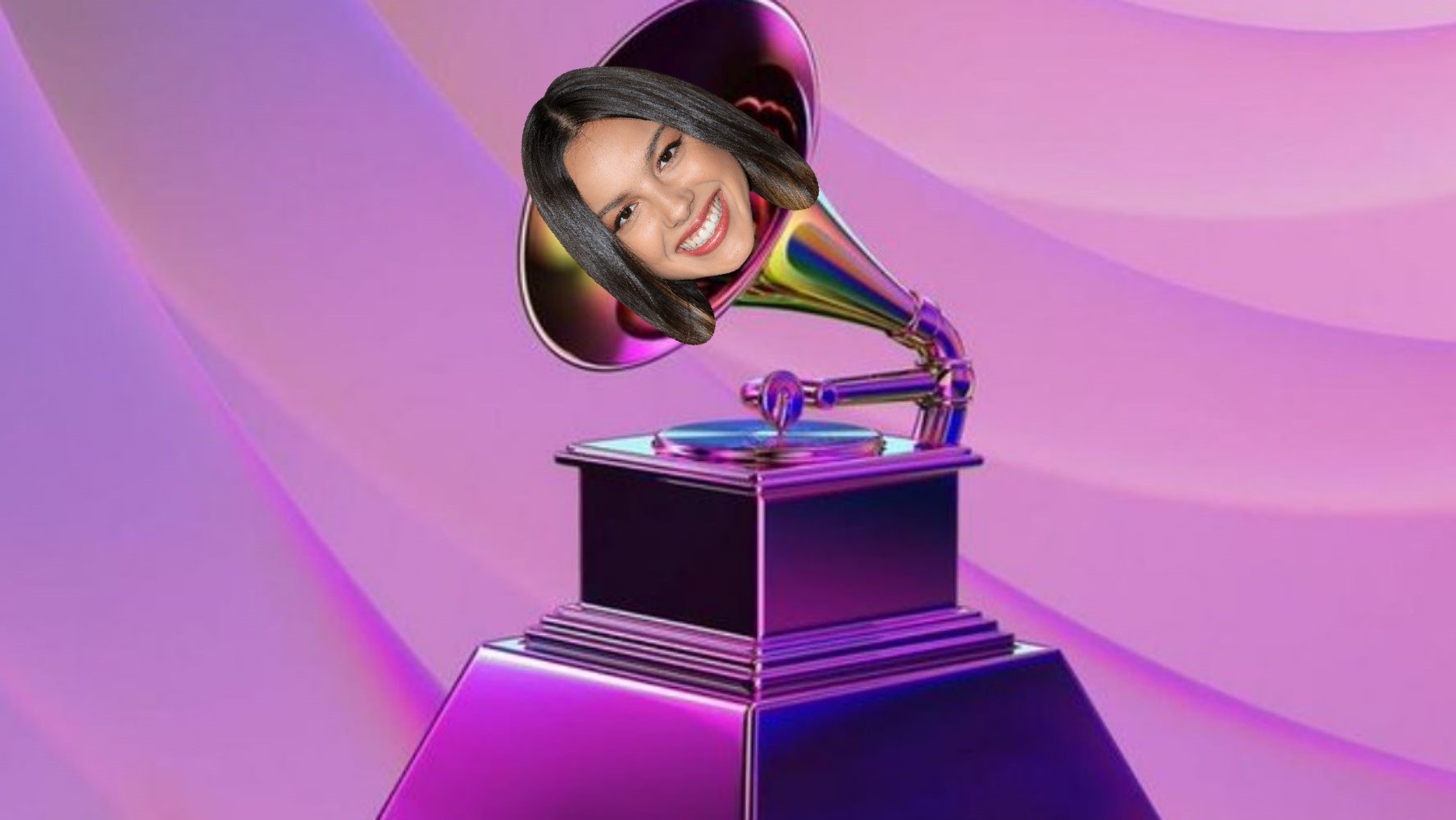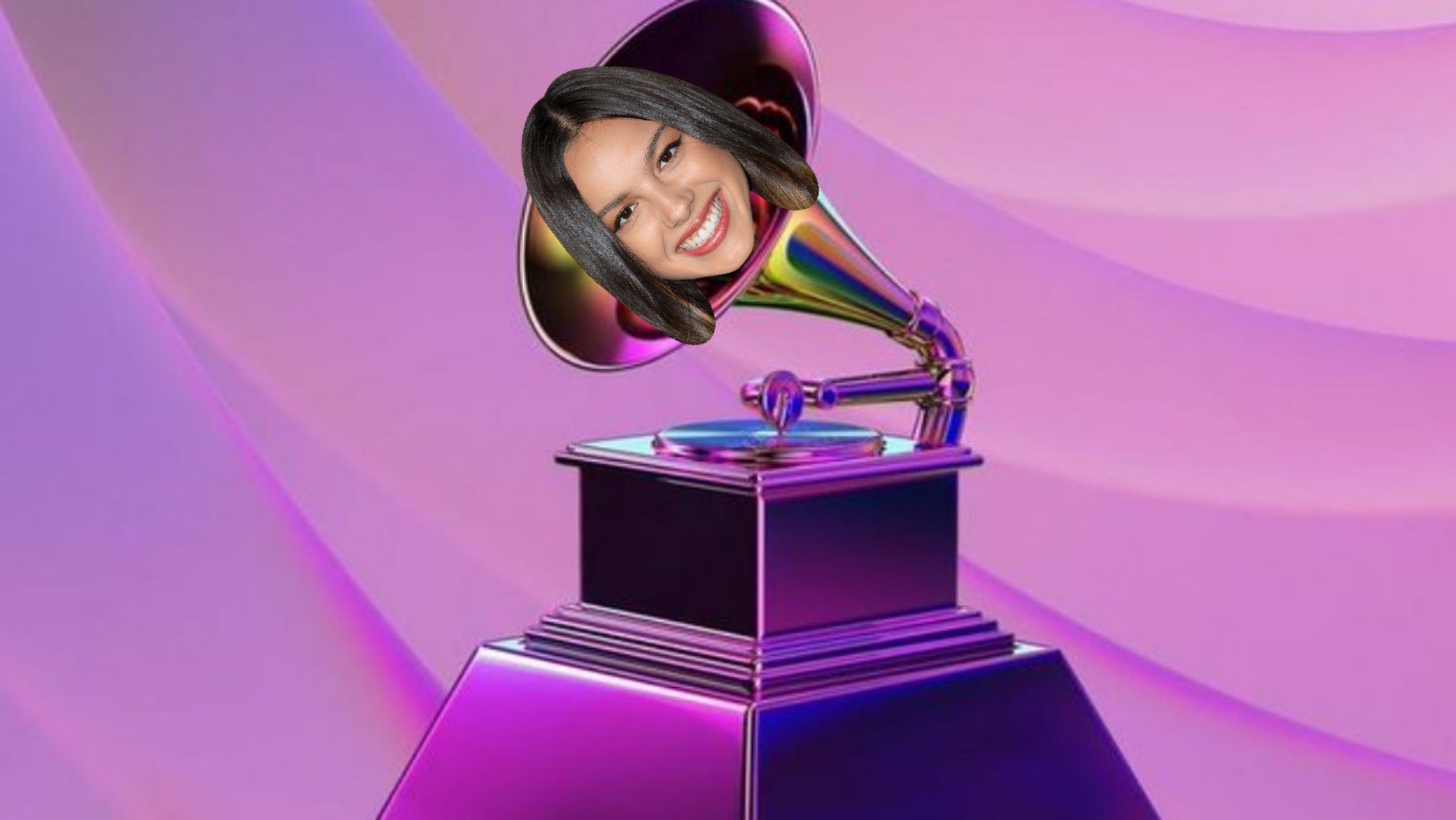As a celebration of the best performing music, the Grammys are nothing but a load of shallow, farcical rubbish.

A stream of whiney female singers, emphasized by auto-tune and uninspired electronic instrumentation: enter, the Grammys 2022. From Billie Eilish to Olivia Rodrigo, it's an ocean of tedium, emphasized by lyrics that attempt and fail to deliver any kind of meaning. With the not-so-unexpected stream of incredibly rich and privileged men and women patting themselves on the back for great "sales" (the Grammys use some pretty bizarre metrics for choosing their winners), 2022 continued the trend of providing us with a weird couple of hours. Who would have thought that a song written in part by Chris Brown, a man famous for beating the living s**t out of Rihanna a decade ago, could be celebrated on the world stage in 2022. Sure, CeCe Winans absolutely nailed it, but I'm surely not alone in feeling a little weird about that, right?
Watching the Grammys you can't help but feel that to be a successful and rewarded musician in today's scene you have to sit in one of two categories. The first category is the habit of taking a well-established genre and doing absolutely nothing of interest with it – see Foo Fighter's Medicine at Midnight, which won Best Rock Album and is a sorely underwhelming album – and it's applicable across all of the categories. From Rock and Metal to Rap and Pop, it's all like this. Genre's that used to rule to work, and still do, but have little left to say and little left to actually do with their sounds. Again, this goes for Electronic Dance Music, which saw Alive by Rüfüs Du Sol take home the prize. Just like Foo's effort, this ain't a bad track (I mean, I still listen to Medicine at Midnight regularly, but it's hardly a Grammy-worthy LP), but it's also just kind of... nothing? It rolls on like a thunderous chorus of synthesizers but just seems to peter out and end... nowhere.
That's where my second category comes in, and I can just imagine all of that hate that I am going to get for saying this (you know what, I'm a music nerd and I don't care), but it also related to category one: to get a Grammy, you have to be utterly, uncompromisingly miserable. Seriously, what's this obsession with this soft whininess that seems to permeate and assault our ear drums every time we enter a f**king café? I absolutely despise "Shape of You" by Ed Sheeran, which took home the 60th Grammy Award for Best Pop Solo Performance back in 2018, but at least that song didn't make you want to pull a bloody Sylvia Plath. It's okay to talk about serious stuff in music, and to recognize mental illness, but does everything have to be a long whiney series of overly depressing, overly produced and overly high-pitched pop songs?
I mean, it seems like everyone wants to be the female singer from "Head and the Heart" these days. It works in the context of a band like that, especially in their earlier music, but as the lead singer? I think not. It just makes me cringe, to be honest. Why are you all so depressed? Are your millions of dollars not doing enough for you? I get it, Billie Eilish, you're young, but you seem to have a pretty good deal going... you know... being a multi-millionaire and all that! On the flip side, you have the undeniably sweet and talented Olivia Rodrigo, who totally deserved her couple of awards this year. With "drivers licence" (titled with a complete and utter lack of grammar, of course, because who needs that?) she had an excuse for being slow and mournful, it was her first big song. Then she launched "good 4 u" (again, without any grammar) and blasted out a pop-rock tune with more energy than Avril Lavigne's earlier work (which also, appropriately, often lacked proper grammar). More of this, please, and less of the somberness.
This was probably the biggest triumph of this year's Grammy Awards, because Olivia Rodrigo represents something that has been lacking from pop music since the first couple of Taylor Swift album: a damn good f**king hook, and a damn good f**king dose of attitude. Pop music doesn't need to be drab, serious, and morbid. It also doesn't need to be electronic, insanely overproduced and packed so full of auto-tune that it's akin to musical plastic surgery. This is one artist who deserved the spotlight, but it also centers on the very real problem that the Grammys has always, and will always, have.
We all love the Foo Fighters (RIP Taylor Hawkins), we enjoy a lot of Kanye's work, or Rodrigo's, or many of these artists, but they all have one thing in common: they are all painfully mainstream. Only artists with insane numbers are even going to get a chance at earning a modern Grammy. That's how, no matter what, people like Kanye West and Ed Sheeran are always going to take home a few awards. If their numbers are impressive, they will be rewarded for it, but surely a musical celebration like this should be a place where we can give out awards to people who are perhaps not in the mainstream, who are perhaps not receiving literally millions of listens a month?
There was no way, for example, that Neil Young's incredible 2021 album "Barn" was going to win any rewards this year, nor efforts from the likes of smaller artists that may not be so "mainstream" at the moment, but are producing incredible music. International music is also ignored, but that isn't so surprising considering that the Grammys are incredibly America-centric. It does seem a bit wild, though, considering that a few years ago Parasite brought home an Oscar, with the only vocal opponent to the decision being Donald Trump. Where is the "diversity" that you're all so fond of? It seems that only applies to different members of the American establishment.
Ultimately, if the Grammys are going to stay focused on artists that have performed well in terms of sales and streams, then they are slowly going to fade in relevance until the idea of someone winning a Grammy means literally nothing at all. After all, just because a song is popular and successful does not mean that it will necessarily be... well... good. Honestly, just look at the Aaron Lewis' "Am I the Only One", a song that asked for Confederate monuments to be left up and attacked Bruce Springsteen for being too left wing. Lewis' effort reached number one in the Country charts, it was hugely successful. If such a song reaches that level of success, can we really go around trusting that what is popular is what is good?
Other Columns that you should check out...
No Slap: Leave Comedians Alone.
Nintendo Need To Take A Chill Pill
Jake & Logan Paul Should Take Lessons From "Paul" On How to Be Funny. Seriously.






























